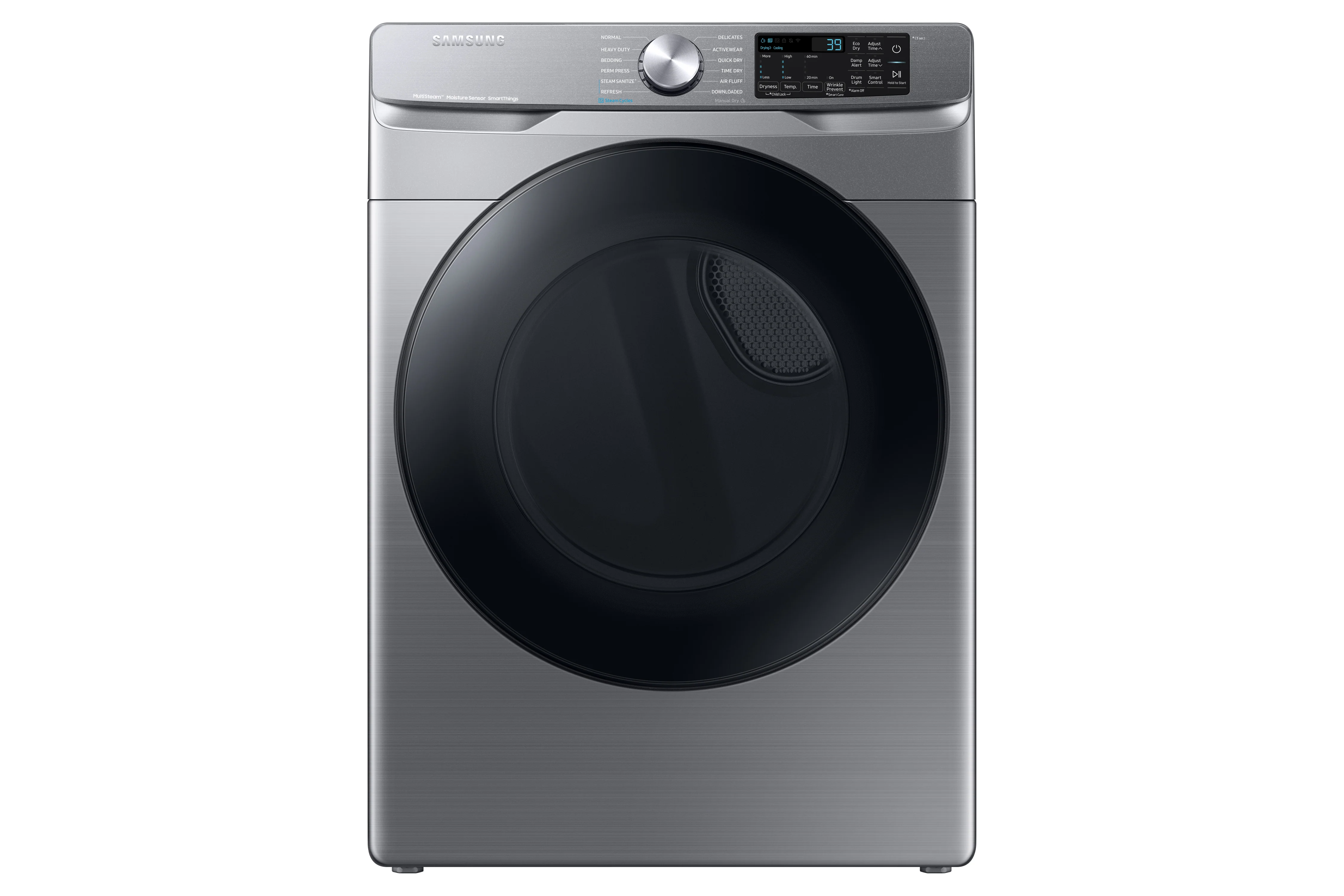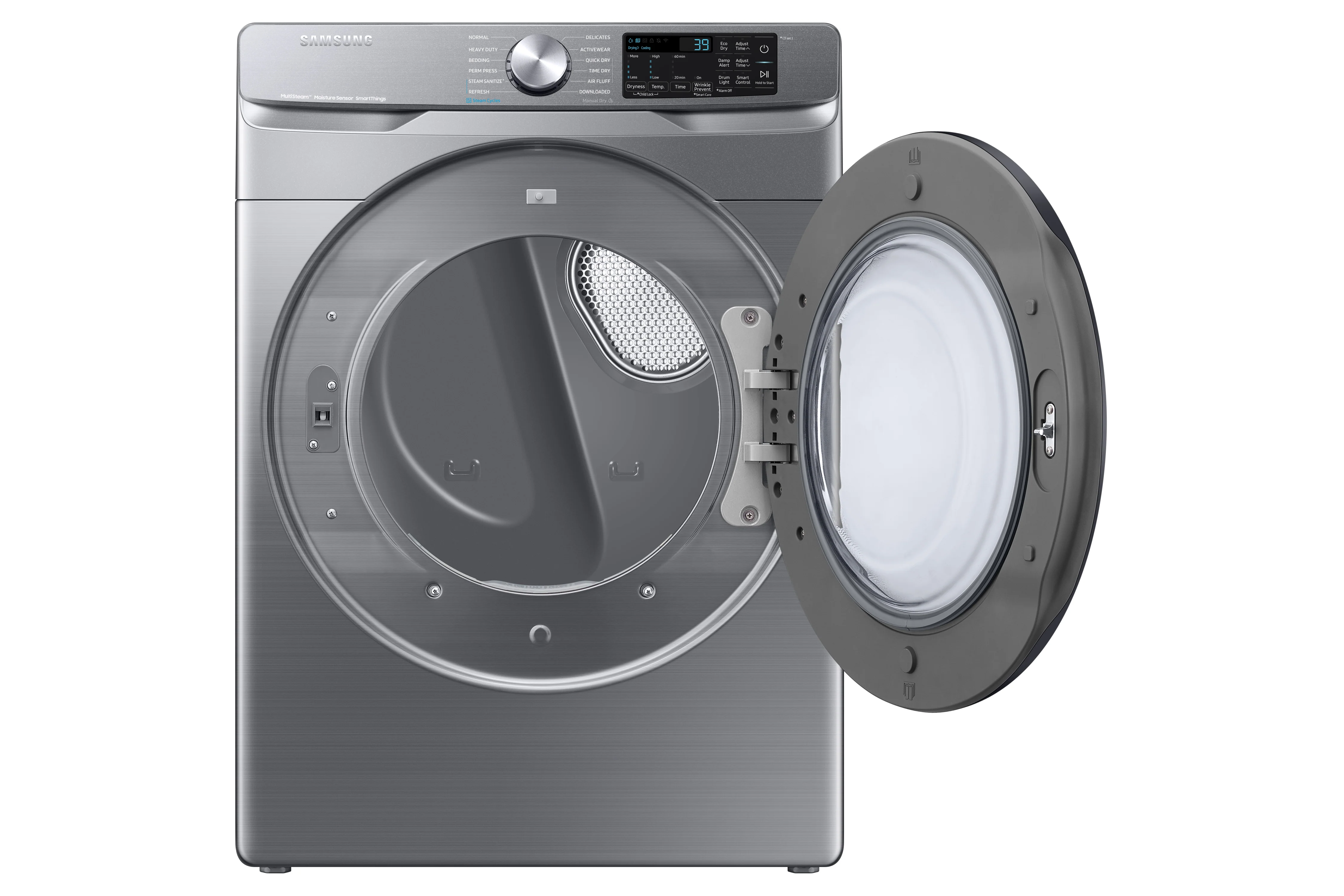Last Updated: May 31, 2025
Microwaves are compact, versatile devices that save both time and energy for cooking and reheating food. No wonder over 90 percent of American households own a microwave, making their lives a lot easier. Microwaves have evolved in shape, size, and effectiveness since their inception, but this wonder appliance has a short lifespan. The best microwaves available in the market are a little on the expensive side, which is why people want to properly maintain them to prolong their lifespan. While this method of protecting the investment is a great one, it is important to know some essential tips and tricks to ensure your microwave works optimally for as long as possible.
This article will share some proven maintenance tips that can be used as guidelines to extend your microwave’s lifespan. If you haven’t bought this portable multitasking appliance for your kitchen, find here everything from over-the-range microwaves to countertop models and even built-in microwaves, Coast Appliance has everything you are looking for including a buying guide to help you narrow down your choice.
In this article, we’ll cover:
High-Power Microwave Ovens for Efficient Meals
Find your perfect model and upgrade today!
How Long Does a Microwave Last?
To know if your microwave is on its last legs and needs to be replaced soon, you have to consider an important factor, which is its usage. Modern microwaves are designed to provide extended service, but if it serves a large family and is heavily used with little to no maintenance, then the lifespan might be around 4 to 5 years.
With normal usage for an average family and good maintenance, a microwave often lasts for 7 to 8 years. If the microwave is used less frequently by a single person or a couple and is well-maintained, the lifespan can increase to up to 10 years.
When Should I Replace My Microwave?
The average life of a microwave is considered to be 8 years. This means at some point, you will need to replace it. In some cases, a small repair can be a cost-efficient option compared to replacement. You have to examine and identify the signs to determine if your microwave needs a replacement.
For example, if the microwave cooks too slowly or quickly, it might need replacement. The best way to check it is by placing a cup of water and heat for 2 minutes. It should come out piping hot. If not, replace the appliance. Issues with the door seal can impact the radiation level. if the keypad is not functioning properly, it might affect cooking time. A replacement is a much better option than a repair. If the microwave has already reached the 10-year mark and needs frequent repairs, replacing it with a more energy-efficient model is a wise decision.
Microwave Ovens for Quick & Easy Cooking
Explore our entire lineup now!
How Do You Know Your Microwave Is Dying?
Now that you know your microwave will not last forever, it is better to learn the signs that signal an immediate replacement. Issues like odor, smoke, and even electrical sparks are serious. if such things happen, switch it off immediately, unplug the appliance, and consider replacing it.
Microwaves are meant to cook faster, so if you find your food is not properly heated or not cooked to the desired doneness, replacing it is a good idea. Sometimes, your microwave can make buzzing, rattling, or even grinding noises. These can result from an obstruction in the functioning of fan blades or turntables. Parts of food stuck inside can also be the reason. If all these factors are not the cause of the noise, the best option is to purchase a new microwave.
The microwave door is not just a safety feature but also controls the radiation level. A broken door or loose door seal is a signal to replace the microwave. A fault in the keypad can be fixed by a good cleaning. if the problem persists even after cleaning, discard the appliance and get a new one. A microwave that has served you for more than a decade can be considered on its deathbed, and investing in a new one is always a better option.
How to Extend the Life of Your Microwave - Microwave Maintenance Tips
If you want to extend the lifespan of your microwave to 8 years or even longer, make an effort to maintain it well. There are some easy tips to simplify the maintenance of a microwave without requiring a technician. To begin with, cleanliness is the key to keeping the microwave working optimally. Even if it is a large 1.6 cubic ft appliance, you should clean up after every cooking session. Spot cleaning is a great option after reheating food. Use paper towels, cleaning solutions, or the traditional water and lemon method. Don't forget to deodorize it. If it is a conventional microwave, it tends to absorb the smell of food faster.
Putting any metal or food packaging inside the microwave can immediately start a fire. A similar situation can happen if you use plastic not designed for microwaves. Avoid putting any metal inside the microwave to save it from significant damage. You can Google to learn which materials are safe for microwaving. Also, avoid using the microwave when empty. This can cause burn marks and hot spots, which are difficult to deal with. Always safeguard your appliance with a good-quality surge protector. It will protect the internal components from damage caused by surges during storms or faults with the circuit or power source.
Compact Microwave Ovens for Small Spaces
Discover all we have to offer!
Final Thoughts
A microwave is a highly-versatile kitchen appliance that has transformed modern cooking. From reheating food to thawing, grilling, baking, and even toasting, a microwave makes these types of cooking a breeze. It can also be used for roasting and dehydrating certain foods. Needless to say, it is an essential part of a modern kitchen. If you already own one that is not functioning properly, it is time to replace it with a more advanced model. If you don’t have this versatile appliance, consider investing in one.
Coast Appliances offers a wide range of microwaves from top brands. You can find different models to meet cooking needs and also fit your budget. You can browse the collection or review our microwave buying guide to determine the perfect model for your kitchen.
FAQs About Microwave Life Expectancy
What are the signs that a microwave is going bad?
Smoke, sparks, and burning odor are the primary signs that signal the last days of a microwave. Other problems like unexplained loud noise, prolonged or faster cooking, loose door hinge, and malfunctioning keypad are signs to invest in a new microwave. Also, if your microwave is reaching the 10-year mark, consider replacing it.
Do microwaves wear out?
Microwaves are appliances and wear out with time and usage. The lifespan can be prolonged by a few years with good maintenance, but you cannot make it last forever. Keep it clean and protect it from power surges. Don't use any metal, food packaging, or certain kinds of plastic to cook in your microwave, which can lead to fire and permanent damage.
Do microwaves lose effectiveness over time?
Yes, microwaves lose effectiveness with time, and the best way to identify this is by following the cooking time. Your microwave will either cook faster or slower than expected, meaning the internal components have worn out. With heavy usage or prolonged usage without proper maintenance, a microwave can wear out long before reaching its average life span.
At what age should a microwave be replaced?
The average lifespan of a good quality microwave is 8 to 10 years provided it is serving a small family and is maintained well. In case a microwave is used heavily to serve a large family and is not maintained well, the lifespan can be as low as 4 to 5 years. Usually, a microwave should be replaced when it reaches the 10-year mark.
The information on this article is not a promise of service. While we present the most accurate information we can, customers must check each brand and model for the manufacturers' information. Each model has their individual care and maintenance guidelines, normal expected use and lifespan with proper maintenance and care. Customers are responsible for checking information for their appliance, the user manual, manufacturer guidelines as well as using professional services.














































































































